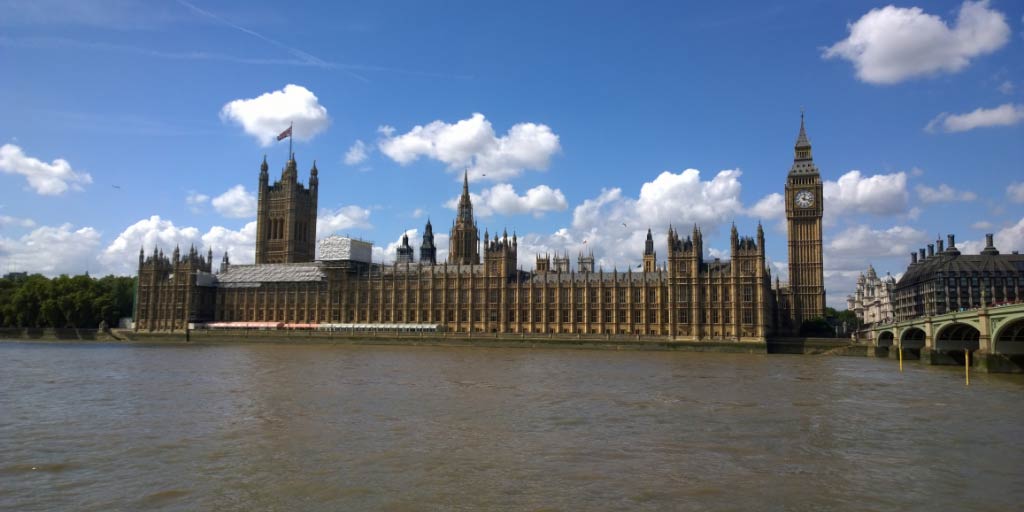This information should not be interpreted as financial, tax or legal advice. Mortgage and loan rates are subject to change.

Categories: government and politics | buy to let mortgages | base rate
Many mortgage lenders have started to revise their prices and withdraw products in response to Base Rate uncertainty and Swap Rates beginning to climb up.
Meanwhile, two leading figures within the Bank of England (BoE) have given conflicting views on what should be done with the Base Rate in the November vote.
As inflation finally begins to decrease, many central banks in the Western world are easing rates to stimulate their economies, but there is disagreement on whether the UK will follow suit.
Deepening tensions in the Middle East may negatively affect Western economies building towards some recovery. Wars overseas will be influential on the BoE’s decisions on what to do with the Base Rate.
Andrew Bailey’s comments
Earlier this month, BoE governor Andrew Bailey spoke at length about the BoE’s anticipated reactions to recent global events and the resulting effects that could ripple throughout the UK economy.
In an interview with The Guardian, Bailey stated that the central bank may become “more aggressive” in pursuing Base Rate cuts. But, looking at the money markets right now, they are tepid with very little movement and there are strong signs that say there will be no reduction in the next three months.
Huw Pill’s comments
In a more recent statement, BoE chief economist Huw Pill said that the BoE has a responsibility to “guard against the risk of cutting rates either too far or too fast.”
Pill added:
Since the MPC (Monetary Policy Committee) views services inflation, and pay growth, as more indicative of underlying inflation persistence, this represents a continued source of concern.
And went on to say:
There is ample reason for caution in assessing the dissipation of inflation persistence … For me, the need for such caution points to a gradual withdrawal of monetary policy restriction.
In September, fellow staunch hold-voter Catherine Mann also talked about wanting to avoid a “boogie-dance” with see-sawing Base Rate cuts. Her attitude was apparently shared by most MPC members at the time, as they voted to hold the Base Rate at 5%.
Impact of the Israel-Palestine War
For the past several months, the crisis in the Middle East has been on everyone’s minds. In response to numerous foreign and domestic attacks, the Israel Defence Forces (IDF) has escalated military presence in Lebanon, aiming to destroy hidden tunnel networks used by Hezbollah.
Tensions were already high, but they are now reaching a critical point and many lives are at stake. Moreover, due to the Western world’s reliance on oil and gas imported from the Middle East, it’s expected that the war may have a withering effect on the UK economy, causing fuel prices to increase even further.
History repeats?
The BoE’s biggest fear is a repeat of the 1970s energy crisis that devastated the Western superpowers. It was caused by similar conflicts in the Middle East that disrupted oil exports, namely the Iranian Revolution.
Bailey has, however, assured that “[his] sense from all conversations with counterparts in the [Middle East] is that there is, for the moment, a strong commitment to keep the market stable”.
It stands to reason that all central banking governors would want to maintain stability, but whether they are able to do so in the current geopolitical climate remains to be seen.
With these concerns in mind, the BoE are watching all developments transpiring in the Middle East “extremely closely” and what happens in the coming weeks may affect their decision to either cut, maintain or increase the Base Rate.
Volatility in Swap Rates
Swap Rates indicate the market interest rate for lending and borrowing, so it can be useful to keep track of how they fluctuate.
Swap Rates had been tracking down until as recently as mid-September but since then, have gradually risen, with a sharp upward turn at the beginning of this month. As a result some lenders are withdrawing from the market to reprice upwards.
Whilst the country is hoping for Base Rate cuts, overseas conflict could push those plans back. The next Base Rate vote is on 7th November.
If you need to snatch a competitive rate over the next few months, don’t hold back, some deals are already disappearing.


